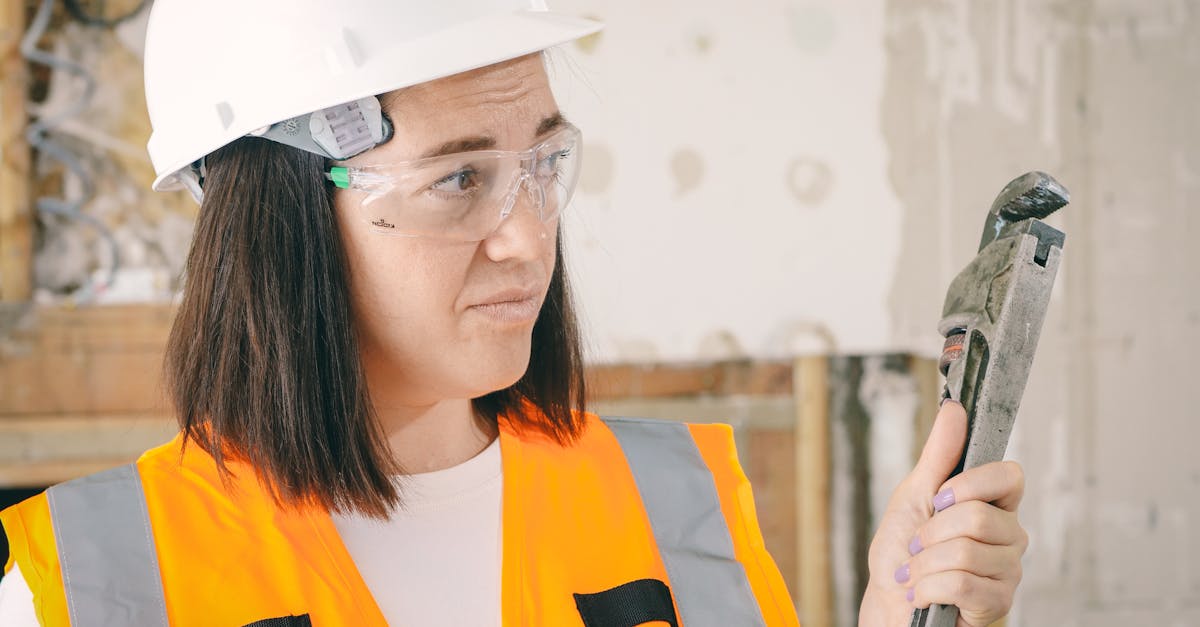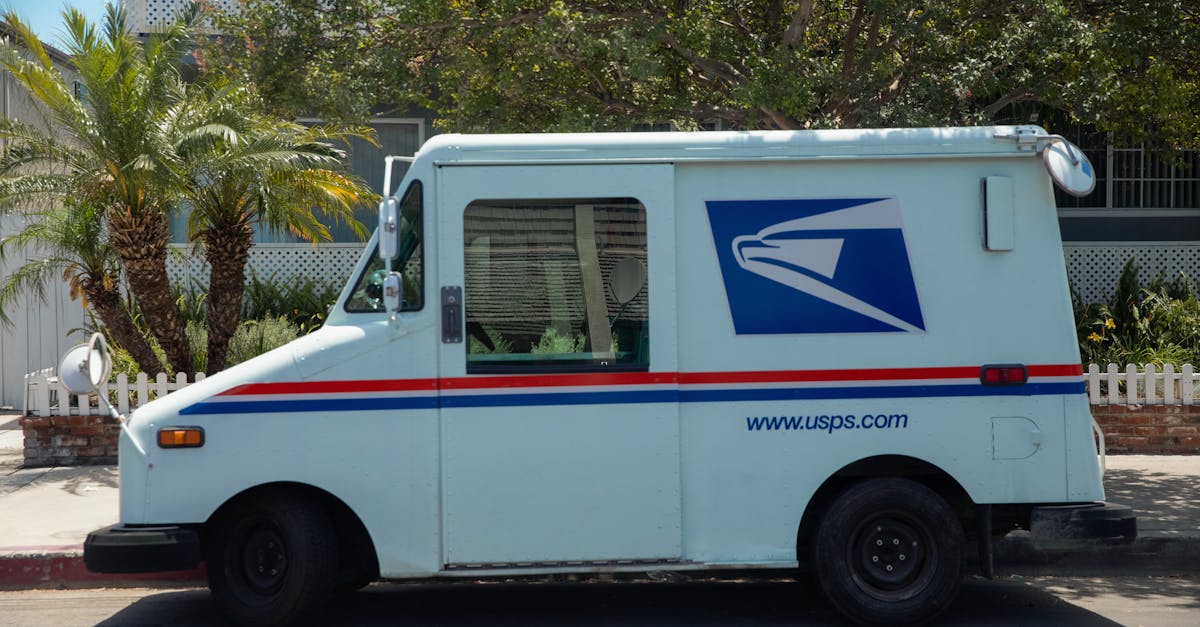
Table Of Contents
Tankless Water Heaters
Tankless water heaters have gained popularity in recent years due to their energy efficiency and on-demand heating capabilities. These units heat water directly as it flows through the system, eliminating the need for a storage tank. This design results in a continuous supply of hot water, which can be particularly beneficial for larger households. The streamlined nature of tankless systems contributes to a smaller footprint, making them a suitable option for homes with limited space.
Despite their higher upfront costs compared to traditional tank units, tankless water heaters can lead to significant savings on energy bills over time. Their longevity is often cited as a key advantage, with many units lasting up to 20 years or more with proper care. However, homeowners should consider potential expenses related to water heater installation and repair, as these units may require specialised parts or professional service for optimal performance and efficiency.
Advantages and Longterm Expenses
Tankless water heaters offer significant advantages for those looking to reduce long-term expenses. They heat water on demand, resulting in energy savings since they only operate when hot water is needed. This system typically lasts longer than traditional tank models, which further contributes to lower overall replacement costs. Their compact size also means they take up less space, making them an ideal option for smaller homes or areas with limited installation options.
While the initial purchase price of tankless units may be higher, the savings on monthly energy bills can offset this investment over time. Regular water heater installation and repair needs are often lower compared to traditional systems, as tankless models have fewer components that may require service. Homeowners can experience peace of mind knowing that they are not only utilising a unit that can provide endless hot water but also investing in a system that promotes longevity and efficiency.
Traditional Tank Water Heaters
Traditional tank water heaters are a common choice for many households due to their straightforward design and affordability. These systems typically include a storage tank that holds hot water, ready for use whenever needed. The initial purchase price can vary depending on capacity and brand, but generally, they are less expensive compared to their tankless counterparts. Regular maintenance is essential to ensure efficient operation, which may involve flushing the tank and checking the anode rod periodically. Costs related to water heater installation and repair should also be factored into the overall financial commitment of owning a traditional system.
The operational costs of traditional tank water heaters can be significant, especially if they are not well-maintained. Inefficient heating and standby heat loss can lead to higher energy bills over time. The size of the tank may also influence energy consumption, with larger tanks potentially leading to higher costs if hot water usage is not managed effectively. Understanding these variables can help homeowners make informed decisions when considering different water heater types for their needs.
Purchase Price and Maintenance Costs
The purchase price of traditional tank water heaters varies based on capacity and brand. Generally, these units have a lower upfront cost compared to their tankless counterparts, making them a popular choice for many households. However, while the initial investment might be attractive, potential buyers should consider the long-term expenses associated with operating these systems. Over time, energy consumption can lead to higher utility bills, particularly for larger families or those with high hot water demands.
Maintenance costs for traditional tank water heaters are a significant factor that homeowners need to account for. Regular servicing and occasional repairs are essential to ensure optimal performance and longevity. Water heater installation and repair can add to the overall expense, especially if no prior plumbing infrastructure exists. Homeowners should factor in these ongoing costs when evaluating the total financial impact of owning a traditional tank water heater, as these expenses can accumulate over the years.
Comparing Energy Sources
The choice of energy source significantly influences both the performance and overall costs of water heaters. Electric units may have lower upfront purchase costs but often result in higher ongoing electricity bills. In contrast, gas water heaters tend to have higher initial expenses due to the more complex installation requirements. However, the operational costs can be more economical, especially in areas where gas prices are lower.
Solar water heating systems represent an alternative that can lead to substantial long-term savings despite the higher initial investment. These systems harness renewable energy, reducing reliance on fossil fuels. Water heater installation and repair for these systems can be more specialised, leading to varying costs based on local expertise. Evaluating energy sources involves considering both the immediate financial outlay and the potential savings accrued over time.
Cost Implications of Different Fuels
The choice of fuel type for water heaters significantly influences both operational and installation costs. Electric water heaters typically have lower upfront costs, making them an attractive option for many households. However, electricity prices can fluctuate, leading to potentially higher long-term expenses. On the other hand, gas water heaters often involve a greater initial investment for both the unit and the necessary gas line installation. Once operational, they generally provide lower energy bills due to more efficient heating rates, which can be a considerable advantage in the long run.
Another factor to consider is the cost implications of ongoing maintenance. Electric heaters may require less frequent servicing and fewer repairs, resulting in lower maintenance expenditures over time. Gas units, while efficient, may necessitate more regular checks and potential repairs related to gas lines and combustion systems. Water heater installation and repair can also vary based on the chosen fuel type, with gas installations often being more complex, thereby increasing initial costs. Users must weigh immediate expenses against the overall efficiency and long-term savings associated with different fuel sources.
FAQS
What are the main advantages of tankless water heaters?
Tankless water heaters are energy efficient, provide a continuous supply of hot water, and generally have a longer lifespan compared to traditional tank models, which can lead to lower long-term expenses.
How much do traditional tank water heaters typically cost?
The purchase price of traditional tank water heaters can vary widely, often ranging from $300 to $1,500, depending on the size and brand, with additional costs for installation and maintenance.
What maintenance costs should I expect for my water heater?
Maintenance costs can vary based on the type of water heater. Traditional tank heaters may require periodic flushing and inspections, while tankless models often need descaling every few years, with costs typically ranging from $100 to $300.
How do fuel sources impact the overall cost of operating a water heater?
Different fuel sources, such as electricity, natural gas, or propane, can significantly influence operating costs due to variations in fuel prices and efficiency ratings of the water heater. For instance, gas models may have lower fuel costs but could involve higher installation expenses.
Is it worth investing in a more expensive water heater for long-term savings?
While more expensive water heaters, such as tankless models, may have higher upfront costs, they often result in long-term savings through energy efficiency and reduced maintenance, making them a worthwhile investment for many homeowners.





























